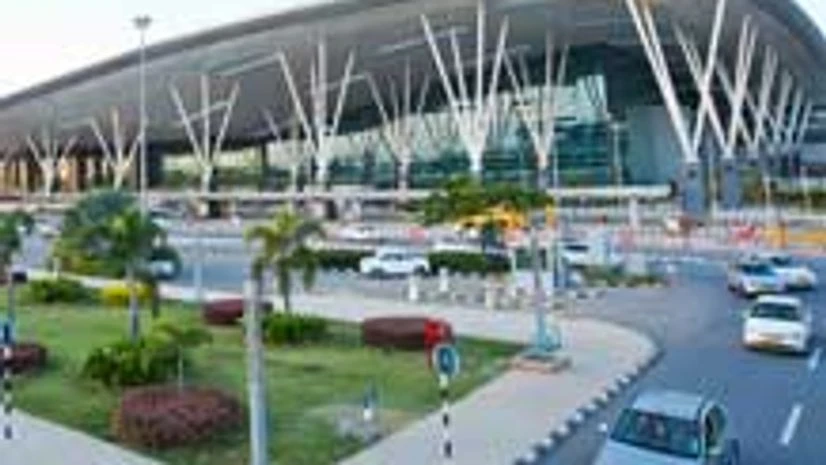The ESG, Civic Bangalore (an NGO dealing with urban issues in Bengaluru) and various other groups have been advocating that road-widening must be undertaken only if it is established beyond any reasonable doubt that it promotes the free flow of traffic as also movement of pedestrians and cyclists in a safe and secure manner. They have been advocating that such projects as road-widening fundamentally alter urban forms and have irreversible and regressive impacts on the economic, social and environmental attributes of a metropolis.
The NGOs also contended that they directly affect the rights to life, livelihood, clean environment and housing, and must only be undertaken in consultation with the local communities and after conforming to various urban planning and design norms as envisaged in the Karnataka Town and Country Planning Act, 1961 (KTCP Act), Environment Protection Act, 1986 (EIA Notification 2006), Karnataka Preservation of Trees Act, 1976 and Street Vendors (Protection of Livelihoods and Regulation of Street Vending) Act, 2014, amongst others.
The PIL had reached the stage of advancing final arguments before the principal bench of the court today, several years after it was filed. Responding to a question from the chief justice about the nature of the case, a petitioner submitted that the PIL challenged various orders of Bruhat Bengaluru Mahanagara Palike (BBMP) which is proposing to widen close to 400 roads in Bengaluru. The petitioner submitted that when the case was filed in 2008, the BBMP had proposed to widen 91 roads, and the number of roads was subsequently increased to 200, and as per recent media reports, upto 400 roads have been considered for widening now.
The ESG submitted that the widening was being undertaken in violation of the mandatory provisions of the (KTCP Act), which required careful planning and public participation in formulation of such complex decisions with irreversible impacts. It was also submitted that the widening of the roads directly affected various rights, including those of pedestrians, cyclists, street vendors and that it would render homeless hundreds of thousands of homeowners and destroy the age-old streetscapes that constitute a living heritage of the city, especially in neighbourhoods that are several hundred years old.
The court asked how accommodating free flow of traffic by widening roads can be presumed to be against the public interest. In response, the petitioner submitted that the public interest of free traffic flow would have to evolve from compliance with the provisions of KTCP Act which demanded a careful and democratic planning, and in conformance with various progressive norms and guidelines.

)
